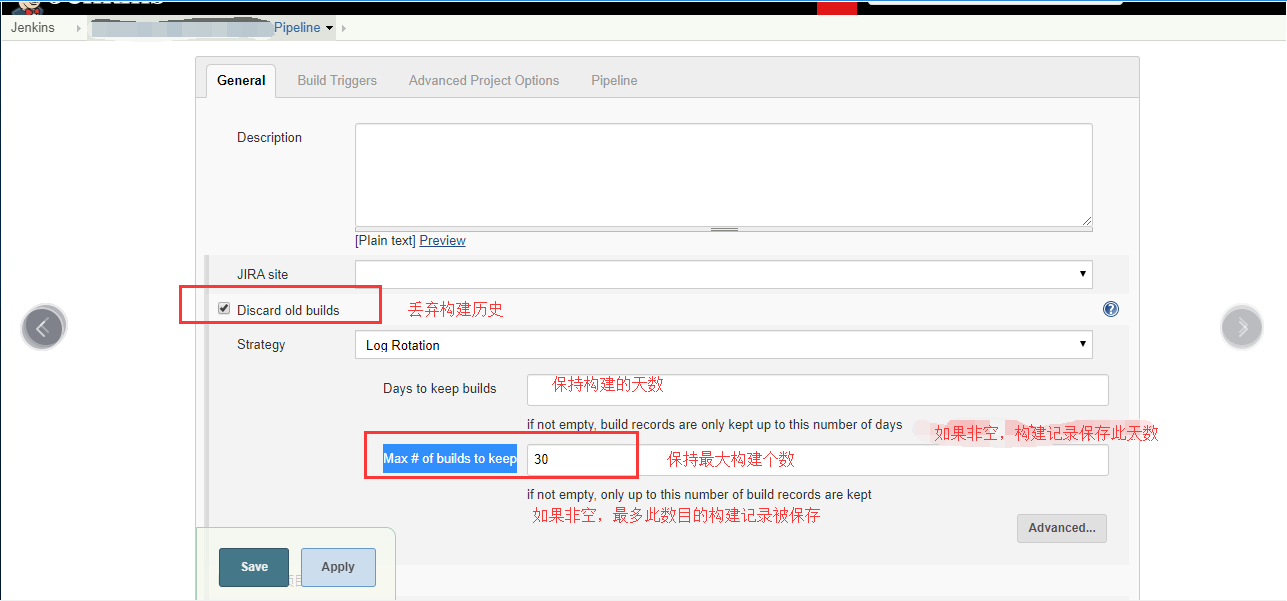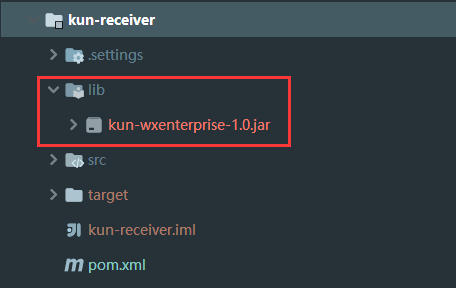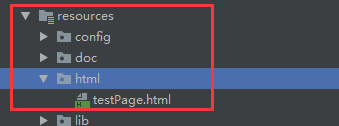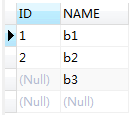POJ 1465【Multiple】
描述
a program that, given a natural number N between 0 and 4999 (inclusively), and M distinct decimal digits X1,X2..XM (at least one), finds the smallest strictly positive multiple of N that has no other digits besides X1,X2..XM (if such a multiple exists).
The input file has several data sets separated by an empty line, each data set having the following format:
给你一个数字N,0<=N<=4999
再给一个数字M,代表接下来会给你M类不同的数字
希望你找出一个N的倍数出来,这个值仅由给定的M类数字构成,不包含其它的数字
希望这个N的倍数的值越小越好,如果无解输出0
输入输出格式
输入
On the first line - the number N
On the second line - the number M
On the following M lines - the digits X1,X2..XM.
输出
For each data set, the program should write to standard output on a single line the multiple, if such a multiple exists, and 0 otherwise.
An example of input and output:
输入输出样例
输入样例
223701211
输出样例
1100
解题思路
本来呢,我开了个long long来存每次搜到的数,但是交上去,超空间???所以,机智的我用字符串来存,再写一个取余函数,边加边余,果然方便多了。然后这道题要特判0的情况,并且避免出现0000的情况,最后就出来了。
然后本题有一个剪枝的操作:举一个例子,因为36%24=12=60%24,所以36****%24=60****%24.所以我们搜到36时,记录余数,下次遇到60直接跳过就行。
题解1
1 #include<bits/stdc++.h>2 using namespace std;3 int n,m;4 int x[10001];5 bool flag[10001];6 int MOD(string s)//取余函数7 {8 int ans=0;9 for(int i=0;i<s.size();i++)10 {11 ans=(ans*10+s[i]-'0')%n;//边加边余12 }13 return ans;14 }15 string bfs()16 {17 memset(flag,0,sizeof(flag));//初始化18 queue<string> q;//队列19 for(int i=1;i<=m;i++)20 {21 q.push(string(1,x[i]+'0'));//string(num,char)构造函数,转成字符串形式22 }23 while(!q.empty())24 {25 string head=q.front();26 q.pop();27 if(head!="0"&&MOD(head)==0)//是倍数并且不是028 {29 return head;//返回30 }31 for(int i=1;i<=m;i++)32 {33 string ans=head;34 if(ans=="0"&&x[i]==0)continue;//避免0000035 ans+=string(1,x[i]+'0');//加上去36 if(!flag[MOD(ans)])//剪枝操作37 {38 flag[MOD(ans)]=true;//标记39 q.push(ans);40 }41 else continue;42 }43 }44 return "0";//没找到45 }46 int main()47 {48 while(cin>>n>>m)//循环输入49 {50 for(int i=1;i<=m;i++)51 {52 cin>>x[i];53 }54 if(n==0)//特判55 {56 cout<<0<<endl;57 continue;58 }59 sort(x+1,x+1+m);//排个序60 cout<<bfs()<<endl;61 }62 }
题解2
这个的队列我用的余数,代码自己看一下,最后输出我是用了一个fa数组一步一步递归往回,最后输出。(这个没有while输入)
1 #include<bits/stdc++.h>2 using namespace std;3 int n,m,sum=0;4 struct node{5 int father;//父节点6 int ans;//数值7 }fa[10001];8 int num[500005];9 bitset<5000> flag;//bool10 queue<int> q;11 void put(int x)12 {13 if(x==0)return;//到根节点了,返回14 put(fa[x].father);//继续向前递归15 cout<<fa[x].ans;//打印操作16 }17 void bfs()18 {19 int l=1,r=0;//类似于手写队列,但我还是用的队列20 for(int i=1;i<=m;i++)21 {22 if(num[i]!=0)//避免前导零23 {24 q.push(num[i]%n);25 flag[num[i]%n]=1;//余数存储26 r++;//27 fa[r].father=0;//根节点28 fa[r].ans=num[i];//记录数字29 }30 }31 while(!q.empty())32 {33 int head=q.front();34 q.pop();35 if(head==0)36 {37 put(l);//输出38 return;39 }40 for(int i=1;i<=m;i++)41 {42 int t=head;43 t=(t*10+num[i])%n;//继续取余44 if(!flag[t])45 {46 r++;//新建节点47 flag[t]=1;//标记48 fa[r].ans=num[i];//记录数字49 fa[r].father=l;//记录father,也就是扩展它的节点的编号50 q.push(t);51 }52 }53 l++;54 }55 cout<<0;//没找到56 }57 int main()58 {59 cin>>n>>m;60 for(int i=1;i<=m;i++)61 {62 scanf("%d",&num[i]);//输入63 }64 if(n==0)//特判65 {66 cout<<0;67 return 0;68 }69 sort(num+1,num+1+m);//排序70 bfs();71 }
转载于 //www.cnblogs.com/hualian/p/11189568.html
//www.cnblogs.com/hualian/p/11189568.html



































还没有评论,来说两句吧...